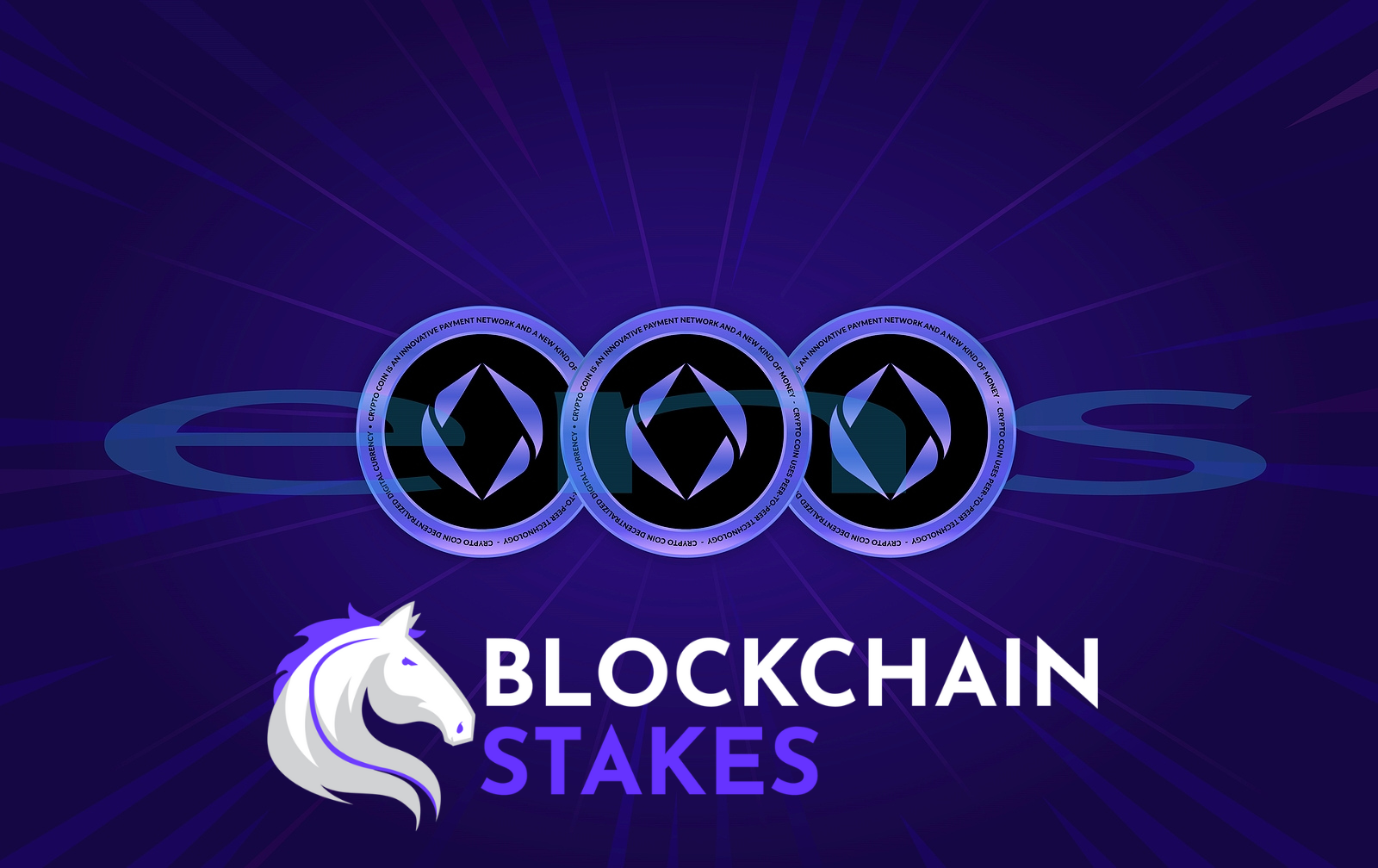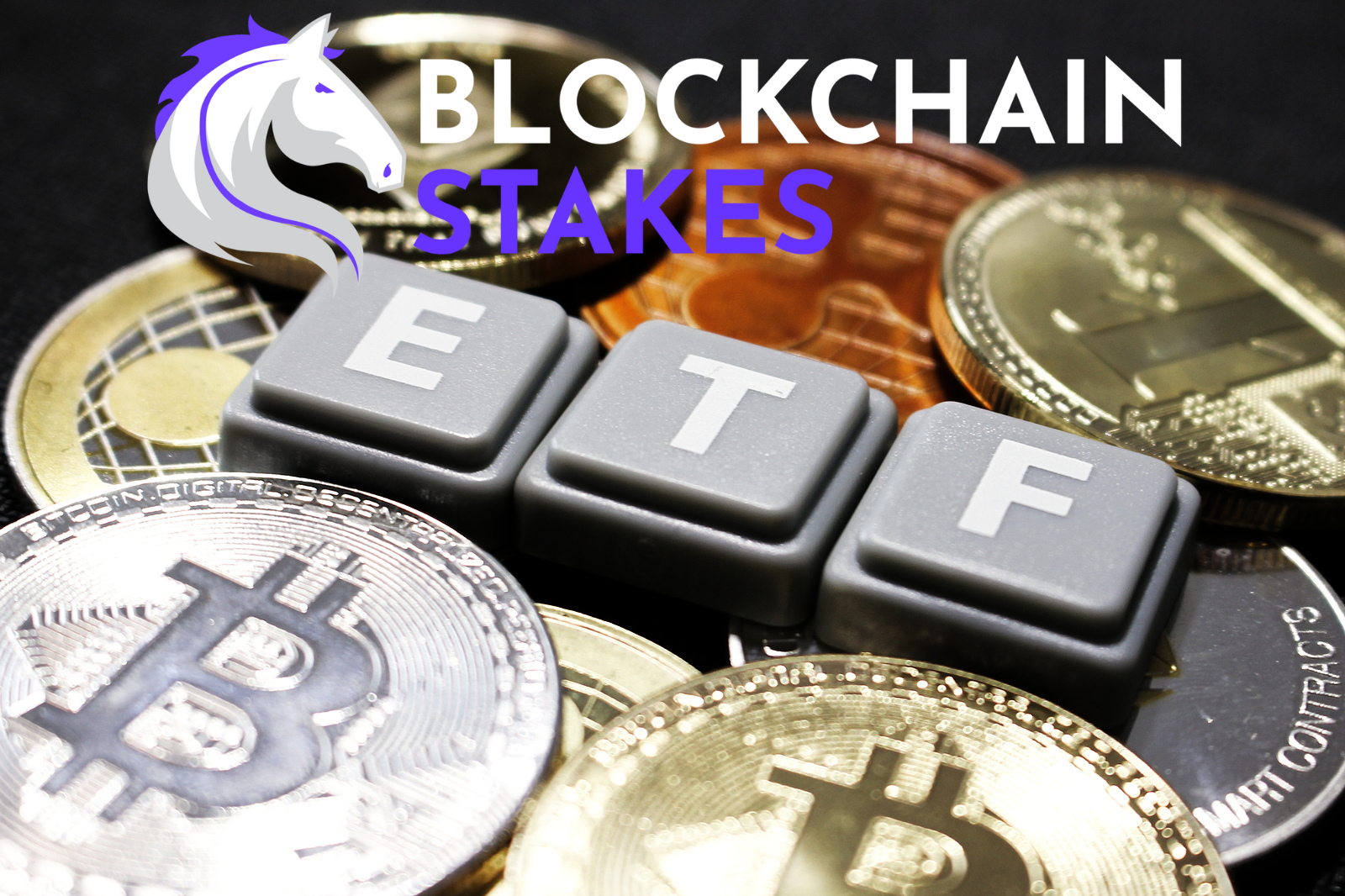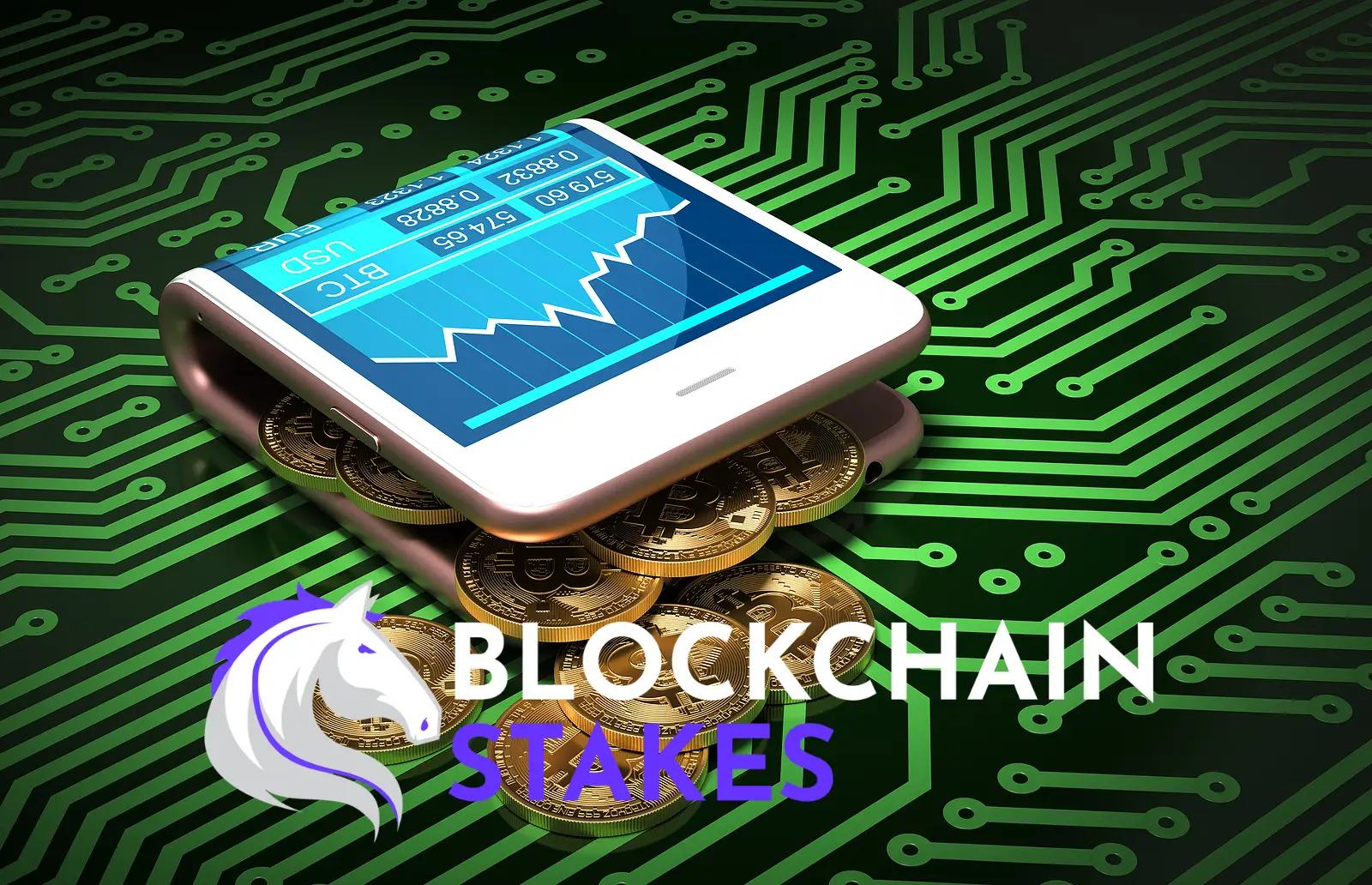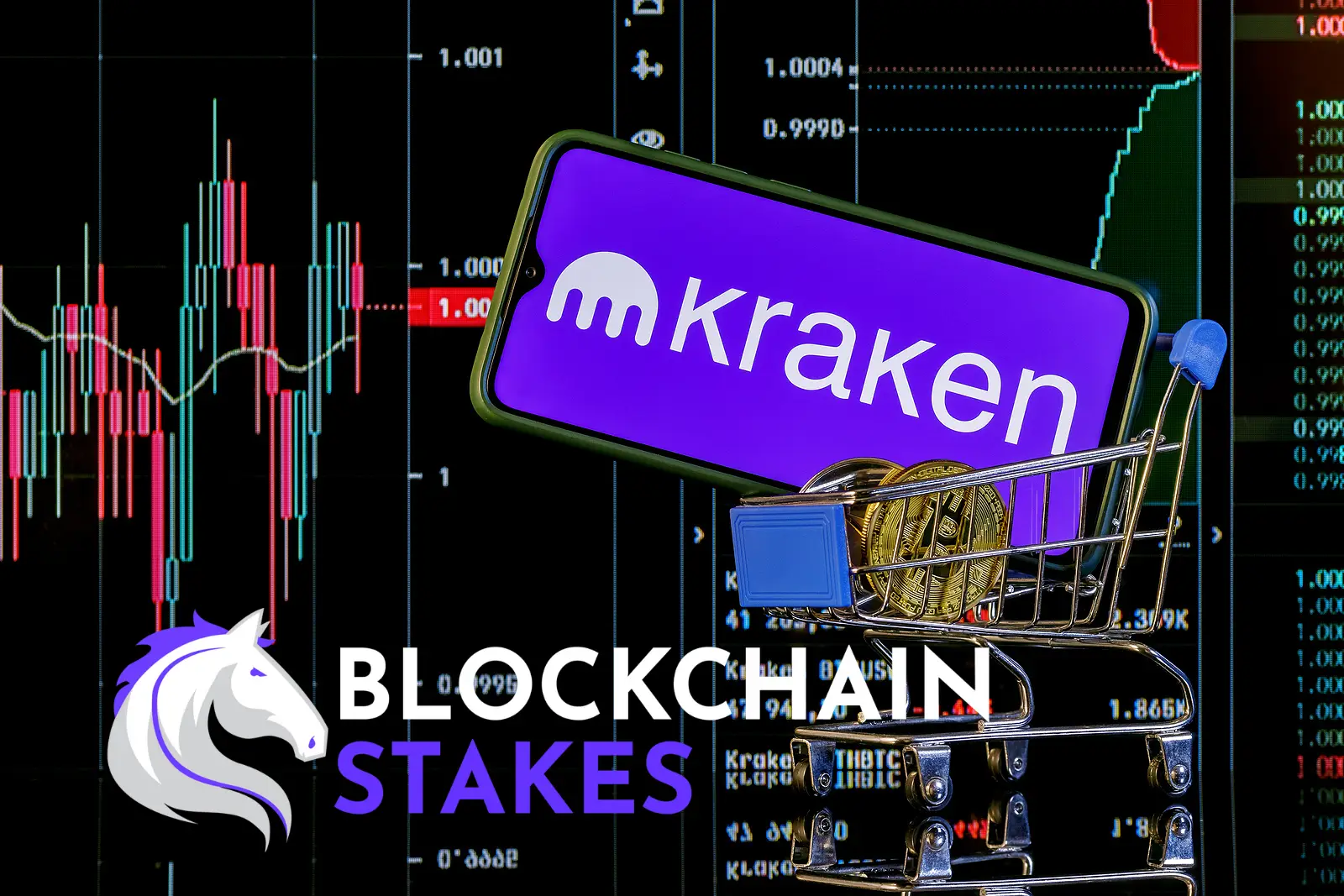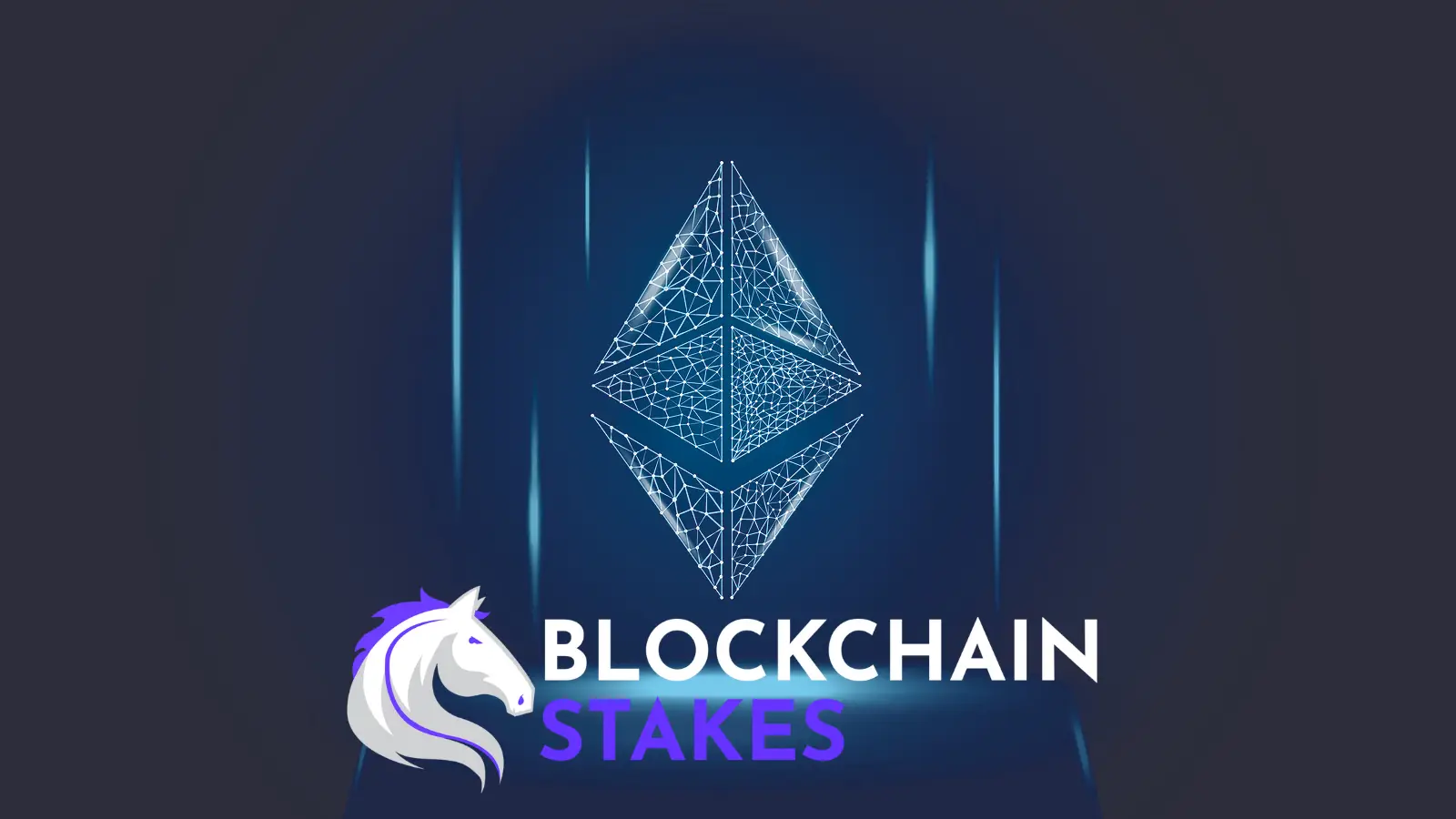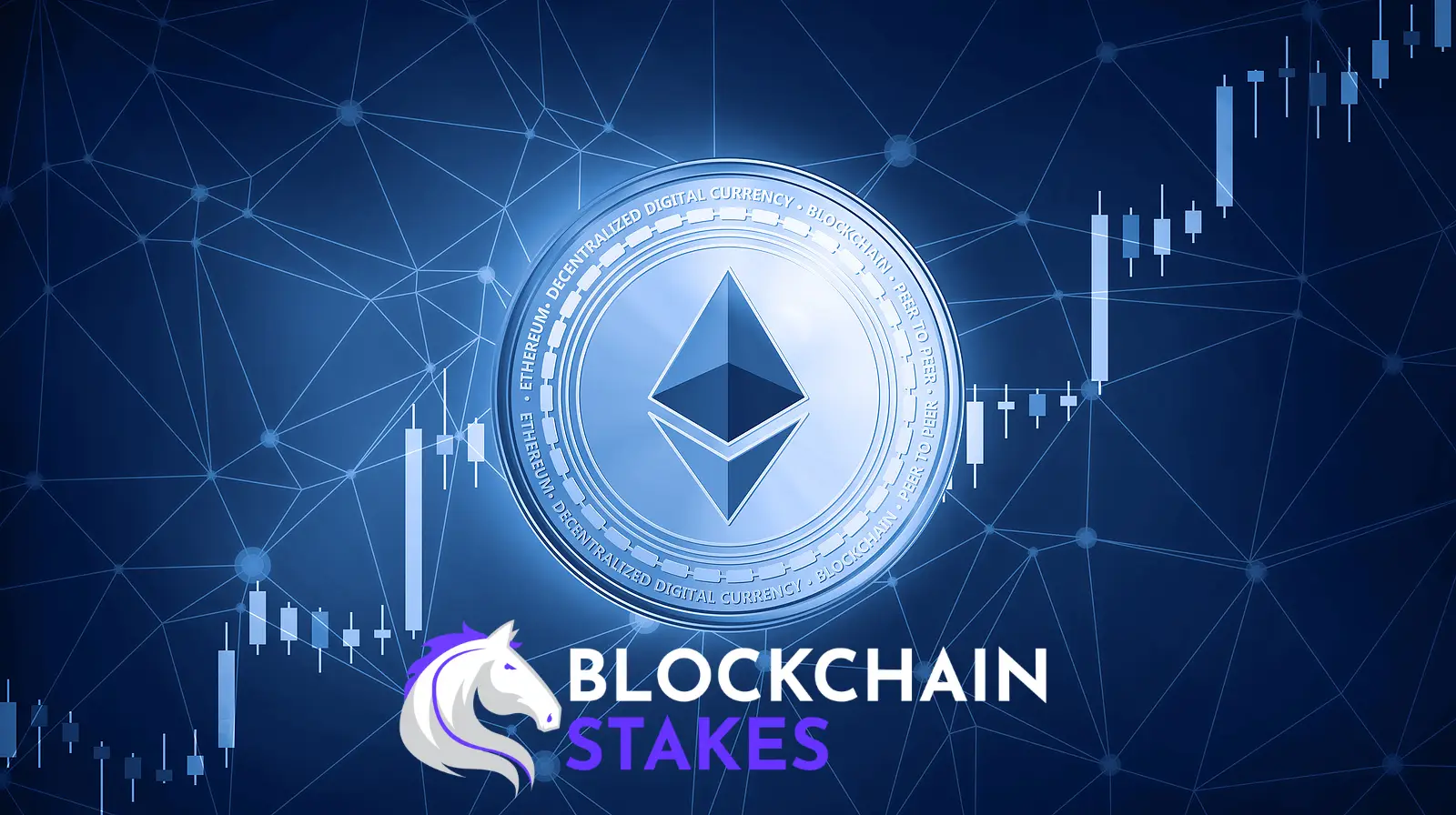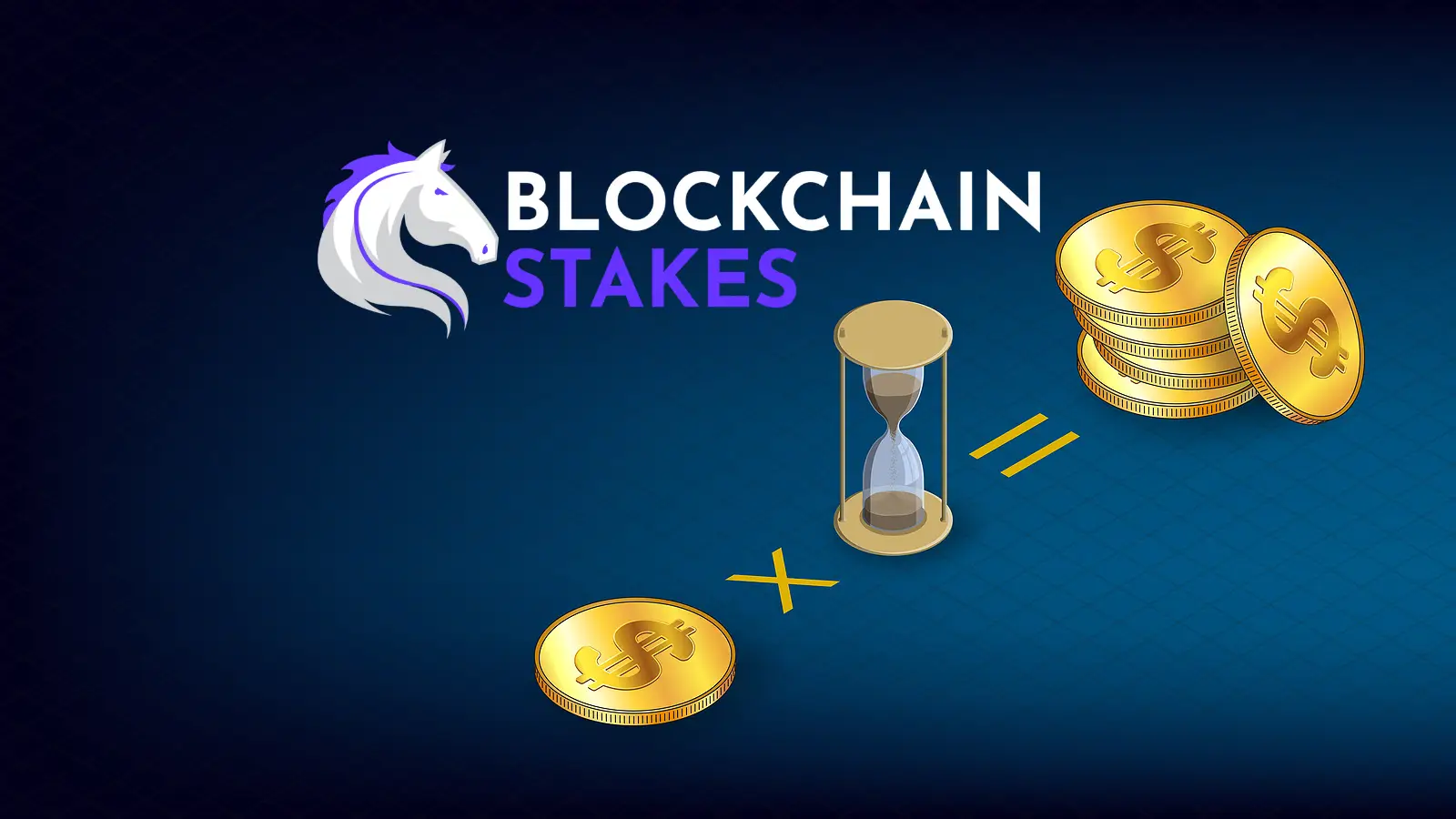Ethereum stands as a revolutionary force in the realm of blockchain technology, offering far more than just a digital currency. Launched in 2015 by Vitalik Buterin, Ethereum introduced the concept of smart contracts, enabling developers to build decentralized applications (DApps) on its blockchain. Unlike Bitcoin, Ethereum’s blockchain is not limited to handling transactions; rather, it serves as a decentralized platform for executing programmable contracts and decentralized applications. Ether, Ethereum’s native cryptocurrency, fuels transactions and computational operations within the network. With its innovative approach to blockchain technology, Ethereum has catalyzed the development of a vibrant ecosystem of decentralized finance (DeFi), non-fungible tokens (NFTs), and countless other blockchain-based initiatives. Blockchain Stakes is your home for the latest Ethereum news and updates!
Want to keep up with the latest news and trends in cryto?
Subscribe to our weekly newsletter
Frequently Asked Questions
Decentralized applications (dApps) on Ethereum are applications that run on a decentralized network of computers rather than a central server. These applications leverage smart contracts to automate processes and provide services without intermediaries. Examples of dApps include decentralized exchanges (DEXs), lending platforms, gaming applications, and more.



















